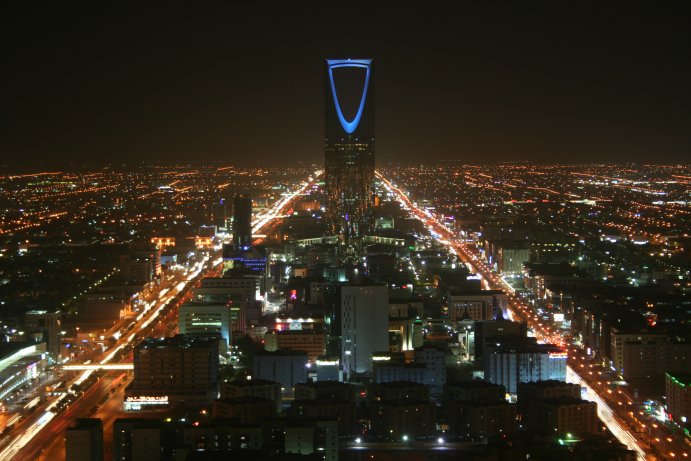Donald Trump’s upcoming journey carries strong religious overtones as well as political ones. National Public Radio broadcast a story on the trip today, reported by Tom Gjelten, and on differing views regarding actual and potential disagreements regarding the role of religion in that trip:
Donald Trump’s first overseas trip as president begins Friday with a pilgrimage of sorts. With stops in Saudi Arabia, Israel and the Vatican, Trump will be visiting the centers of Islam, Judaism and Christianity, the three major monotheistic religions.
But he’s wading into deep waters with potential for missteps and disagreement. He’ll meet with Muslim leaders despite declaring that “Islam hates us” during the campaign; he’ll meet with Pope Francis, who advocates for countries to be welcoming to refugees.
“His message is going to be about unity,” said U.N. Ambassador Nikki Haley.
Responses to the trip’s message and intent include:
“The way we’ve engaged the world has been strictly in material terms,” said Robert Nicholson, founder of the Philos Project, which promotes greater religious engagement in the Middle East. “We think people do things only because of economics or because of some sort of political grievance, but in actuality religion drives huge numbers of people on this planet.”…
“You’re wading into deep waters here,” said Nicholson. “There are definitely ways Trump can make missteps, either in relating with people from these communities in his private conversations or making public mistakes in terms of what he says.”
Jonathan Sacks, “who supported a faith-based peace approach as the chief rabbi of the United Kingdom”:
“The president of the United States, through his personal standing, might be able to say, ‘Let’s make religion part of the peace process,’ ” Sacks said, “because it’s the only thing that’s been left out of it until now.”
A seminary president’s point of view:
“Just because you stand in a sacred place doesn’t mean you hear sacred truths,” said Serene Jones, president of the Union Theological Seminary in New York. “He is obviously picking and choosing [from whom] he is going to hear about these religious traditions. Clearly this is more of a political trip than one of seeking deep religious understanding.”
Gjelten points out that
Trump’s biggest challenge is likely to come in Saudi Arabia, where he is scheduled to give a speech urging Muslim leaders to promote “a peaceful vision of Islam.” Much may depend on how that speech is received, especially given his suggestion during the presidential campaign that “Islam hates us.”
Robert Nicholson:
“He needs to show that he respects Islam [and] that Muslims have dignity,” said Nicholson. “For a long time, much of the conversation in the U.S. has been that anything Muslim is bad. I think one of the most important things for him to do is to show that he understands that Muslims have a long and ancient and distinguished past, and that he respects it. I think one of the driving factors in the Islamic world is a feeling that they are not respected.”
Photo: Riyadh, in Saudi Arabia. Credit: By BroadArrow at the English language Wikipedia, CC BY-SA 3.0

